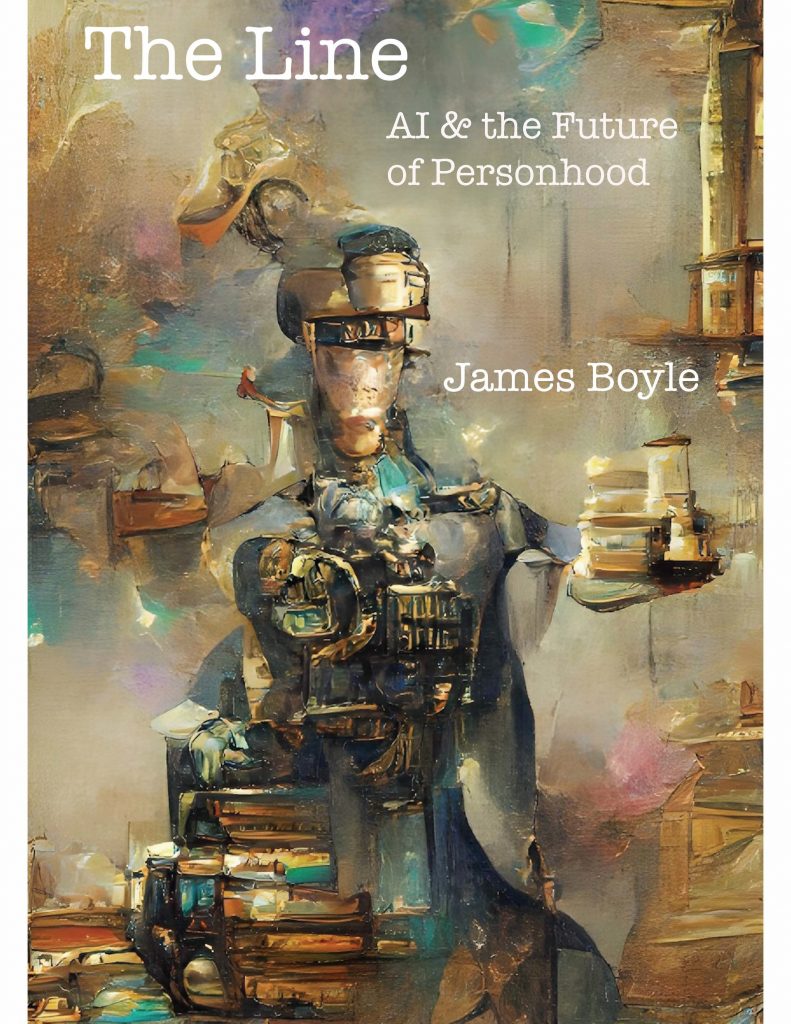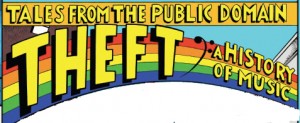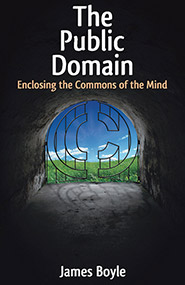There are good reasons to worry about the Google Book Search Settlement, as I explained at length here. But of all of the reasons to oppose it, this surreal statement is my favourite.
European officials fear that if the Google project goes ahead in the US, a yawning transatlantic gap will open up in education and research.
“Oh my God! The Americans are about to create a private workaround of the enormous mess that we regulators have made of national copyright policy! They will fix the unholy legal screwups that leave most of the books of 20th century culture unavailable, yet still under copyright! They will gain access to their cultural heritage — giving them a huge competitive advantage in education. This MUST BE STOPPED!! No one can be allowed to fix this for any other country because then we would be left alone stewing in our own intellectual property stupidity! We must forbid their progress in order to protect our ignorance.”
But wait, there’s more. If anyone does do it, it must be the state! (Which so far has failed completely to provide legal access to orphan works or commercially unavailable works, works that are unavailable because of… wait for it, wait for it, the state locking up our cultural heritage unnecessarily)
Google maintains it is engaged in the huge project for the public good. Others say such public good should be left to the public sphere.
[Actually, Google says it is doing it to make money, but that it will produce an enormous public good, something that makes the company very happy.] But look at the phrase in bold. Only the state may fix the problems the state has created. And if Europe can’t fix those problems for itself, everyone else should be forbidden from doing so as well. QED. Now, to the credit of the EU, the article suggests that the EU will pursue this not only by trying to ban what Google wants to do, something France and Germany have already attempted, but by “copyright reform and public-private partnerships as a means to boost digitisation of books.” Great. But how about treating the Google Books project as a demonstration of an entirely unnecessary problem created by states — particularly including European and American copyright policy makers. If it weren’t for the ridiculous copyright extensions, abolition of formalities and ending of renewable terms, we wouldn’t have the problem of the 20th century black hole. Now a company manages to craft a settlement that will work around this, restoring, at least for some citizens of the world, access to a heritage that they never should have lost — and to do so in a way that pays authors and publishers where they can be found. Europe’s answer? This must be forbidden! Stop the settlement! Make sure no European books get freed! Make European participation only on an “opt in” basis, so NO orphan works — by definition — can be included, since they have no one to opt in for them. Complain that a private company is involved!! Prevent this settlement now to stop the US getting a lead, and maybe one day we’ll fix the problems that we the regulators created in the first place! (Yeah, right.)
Brilliant. You couldn’t make this stuff up.









I believe you are reading a bit much into the statements attributed to the EU parties here… To me they parse as “we must make sure that similar systems can operate in the EU” not “google books must be stopped”. Hopefully that is not just wishful thinking on my part.
The efforts of the German and French governments are certainly misguided though no doubt with the best intentions… “oh no! The copyright of some of our most powerful companies (Bertelsmann, Vivendi) are going to be impacted without their prior say”
I do find the spectacle of the German government becoming involved in US legal proceedings a bit unseemly… Bertelsmann can certainly afford to seek their own representation.
Thanks for the comment. You could be right and I hope you are. But as you note, the French and German actions hardly augur well…..
@Janek: The German government has been lobbied very hard by publishers during the last few months. They really want to stop Google Books from flooding the market with cheap eBooks, because they are worried that it will cannibalize their print sales, and take away their control over the market.
Google would become a giant competitor to the existing publishers, with titles that technically do not belong to Google, even though the publishers do not intend to republish them.
On the other hand, Europeans do not trust American companies with defending the common good, even though their own efforts at digitizing stuff are probably as doomed as the European subsidized search engines.
Thanks — I agree in large part. I know they have been lobbied, but since Google Books commercial services wouldn’t be available in Germany, I think the concern of the publishers is overblown — particularly since they could have opted out if they wished. (Now they have to opt in.) Speaking as a European, I agree they shouldn’t “trust” American companies (or any companies or any governments) with the public good. But its another thing to let that lack of trust blind one to the positive effects on the public good that a particular initiative — private or public — can have. And that seems to be what happened here. (The European digitization initiative, for example, can only benefit in terms of resources and funding and speed of operation from competition with Google — just as the public attempt to sequence the human genome picked up speed dramatically when it had to deal with competition from the private Celera led initiative. And Google’s project promises to have much more positive civic effects than Celera’s, IMHO.)
[…] to report. Arstechnica is covering the European Commission’s hearings on the settlement. ThePublicDomain.org argues that the settlement will unlock cultural heritage. Gavin Baker at Open Access News has two […]
[…] We Must Stop Google Books Because It Will Work!!! | The Public Domain | There are good reasons to worry about the Google Book Search Settlement, as I explained at length here. But of all of the reasons to oppose it, this surreal statement is my favourite. […]
Isn’t it funny that the publishers who fight Google’s idea would not put their books online themselves? They could do the same as Google does, making all their books not available in print anymore searchable. Anyone interested could then buy an e-book of the text he searched. Or are there publishers who do that already? Strange world.
[…] efforts with something as crass as a private agreement, or as James Boyle eloquently puts, “We Must Stop Google Books Because It Will Work!!!“. The Commission has issued the following statement with regards to orphan works in their […]